Why Does Weight Drop?
Let’s just say it—no one expects to come out the other side of colon surgery and feel like a totally new person overnight. Facing a right hemicolectomy throws your gut (and honestly, your whole routine) through a loop. Suddenly, weird questions pop up… is it “normal” to lose weight this fast? Why aren’t my old jeans fitting the same?
You’re not alone if you’re wondering why weight loss after right hemicolectomy is even a thing. The truth? When doctors take out that chunk of colon—the part on the right, near where your small intestine meets your large intestine—it messes with how your body absorbs nutrients and handles food in general. Suddenly, the section that used to snag some calories and certain nutrients isn’t there, passing a bit more work to the rest of your digestive system.
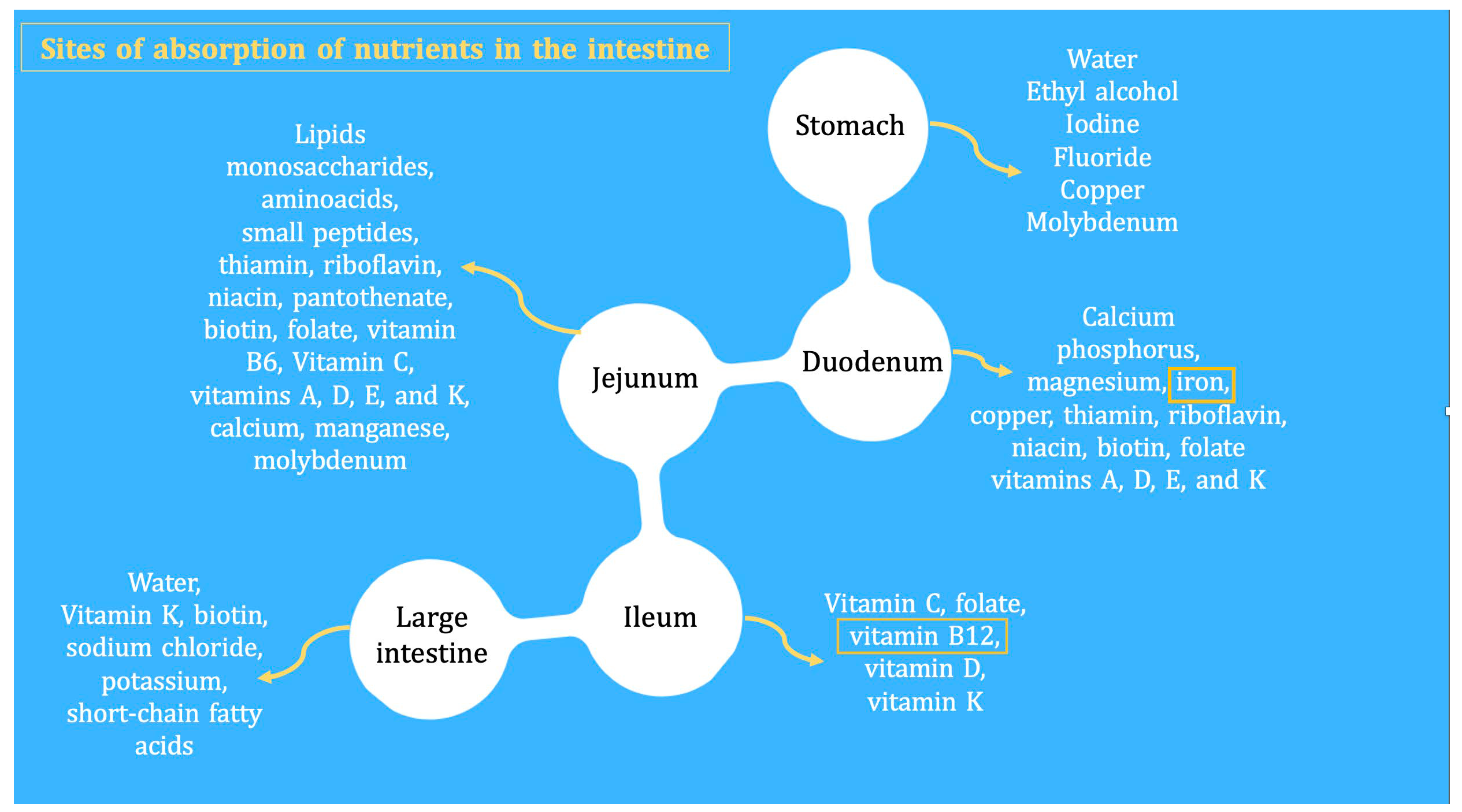
But (and here’s the kicker) it isn’t just about what’s gone. After a right hemicolectomy, your body’s hunger signals, gut bacteria, and even metabolic rate can shift. Researchers looking at appetite changes after bowel resection found your hunger hormones may quiet down, so you aren’t reaching for snacks as much research on resection of the large bowel suppressing hunger. That means smaller portions fill you up… and suddenly, pounds seem to slip away almost without trying.
Is It Okay to Lose Weight Quickly?
This is a complicated one. Some folks step on the scale and see the numbers drop fast—10, 15, even 20 pounds in those early months. At first, woo-hoo, right? But hold up. Long-term, rapid weight loss after bowel resection isn’t always a win for your health. In fact, weight loss going too far or happening too fast after cancer or major abdominal surgery has been linked to higher risks of other problems down the road (long-term weight loss after colorectal cancer).
Sure, it’s natural for your body to shed some weight in the first weeks—fluid, a little muscle, maybe a bit of actual fat. But, if the scale keeps dipping and your energy tanks or you’re struggling to keep any food down, there could be something more going on. And… that’s the right moment to call your doc. Promise, they won’t mind hearing from you.
Story Time: Sarah’s Jeans and Jimmy’s Worry
Let me slip in a story. A good friend, Sarah, woke up a month after her surgery and realized her favorite capris slid right off her hips—no button needed. She was kind of psyched… until she noticed her shirts looked baggier, too, and her collarbones were showing up in selfies. On the opposite end, Jimmy expected kilos to melt but found his post-op diet, full of soft noodles, actually packed the pounds. Both had totally different journeys, but they shared that nagging “is this normal?” question. That’s why you see so much chatter about rapid weight loss after bowel resection and how our guts react after surgery.
Your Gut’s New Playbook
Okay, so we know there’s a science-y side to weight loss after right hemicolectomy, but what about real life? What does living with less colon look like day-to-day? Honestly, it’s a landscape of surprises at first. Your medicines may bounce around a bit (absorption changes!), you might be dashing to the bathroom more after meals, and foods you once loved could set off epic gurgles. Not exactly glamorous… but normal!
The fascinating bit? Over time, your gut adapts. Gut bacteria shift. The roles of certain enzymes get reassigned. Think of it like a sports team after trading a key player: things feel off at first, but everyone finds a new position. Research even shows that people with a right hemicolectomy may experience more subcutaneous fat gain (the “surface” fat) and less dangerous belly fat growth than folks with left-sided resections, which actually bodes well for your health long-term (change in abdominal obesity after colon cancer surgery).
This shift in gut behavior is also why people notice changes in appetite or how certain foods settle. You might wind up checking out pages on Belly fat after colon resection just to get a better grip on the new you.
Easy Eating, Happy Gut
You want the secret sauce for weight loss after right hemicolectomy that actually feels good? It’s all about easing into a new pattern—one that’s kind to your rewired digestive system. Think “gentle and simple” over “strict and stressful.” Try this: ditch monster meals and make friends with mini-portions. Swap high-fat, greasy snacks for softer, easy-to-digest veggies, well-cooked grains, and lean proteins.
Making Your Plate Work for You
If you’re craving a little visual help, here’s the difference between “before” and “after” meal choices. No, you don’t have to live on steamed veggies alone… promise.
| Old Routine | New, Post-Surgery Picks |
|---|---|
| Hamburger, fries, soda | Grilled salmon, mashed sweet potato, applesauce |
| Cheesy pizza | Chicken & veggie rice bowl |
| Creamy Alfredo pasta | Turkey veggie soup with crackers |
:max_bytes(150000):strip_icc()/GettyImages-88689274-28093b5a0b4d41e589fbcd2719b8ea2a.jpg)
What’s happening here? You’re still enjoying food, just making tweaks. Softer textures? Check. Fewer processed fats? Gold star. More vitamins and easier digestion means your gut thanks you… and your weight reflects it gently (not dramatically).
And if you’re dealing with that stubborn “belly bulge” after surgery, or hoping to understand why it lingers or shrinks, just know this: there’s a real, biological reason. The way your body stores fat can change after a colectomy, leading some to research Belly fat after colon resection, especially during recovery.
Move More, Stress Less
Let’s talk movement. Look, you do not need to jump on the treadmill three weeks out of surgery. Walking to the mailbox counts. Dancing in the kitchen with your pet counts. If you’re feeling wiped (and you will be, at first), go slow and start small. That’s where most friends in my circle begin—one short stroll per day, maybe a gentle arm stretch, maybe a round of “find the remote” yoga (just kidding, kind of).
Why Moving Matters
Why bother, though? Isn’t recovery enough work? Actually, little bits of fitness help your metabolism stabilize, encourage your muscles to stick around, and improve how you use calories. There’s even evidence that regular physical activity after colon surgery prevents the return of sneaky belly (visceral) fat, the kind that can raise risks for diabetes or heart trouble (research on exercise trimming visceral fat).
Anecdote: Mike’s Comeback
Take Mike, a buddy from the gym I used to hit before my own digestive issues. He couldn’t run in those early weeks, but set a timer for 10 minutes of slow porch-laps each morning. That was it. A couple months in, he was exploring YouTube yoga routines. By six months, he was back to hiking. Little steps, but they mattered—his belly shrunk, his confidence soared. His experience mirrors tips found in Rapid weight loss after bowel resection. Maybe you’ll be next?
Curveballs and Solution Swaps
Okay, time for tough love—sometimes, weight doesn’t budge… or it even creeps back up. What then? First off, be kind to yourself. You’ve been through a lot. Between post-op meds, weird cravings, maybe a little emotional eating (yes, hospital pudding can be addictive), the path isn’t always straight.
Why Weight Can Plateau
After initial recovery, you might gain some (totally normal) water weight back. Or your appetite bounces higher than before—especially if you used to be really active. Some researchers note people with a higher BMI before surgery can face more challenges with healing and energy, so the journey’s extra personal (laparoscopic right colectomy and preoperative weight reduction).
How to Bounce Back
Here’s what’s worked for real folks: journaling to spot emotional triggers, asking a friend to walk with you for accountability, or paying a one-off visit to a nutritionist (if you can—totally worth it for practical advice tailored just to you). There’s a weird misconception that if you’re not losing weight steadily, you’re failing. Actually, keeping your weight stable and energy up should be the first big wins!
If you hit a plateau or start noticing belly fat hanging around, you are not alone. Honestly, the internet is full of real people swapping stories on Belly fat after colon resection, and a lot of them find that time, patience, and gentler food swaps are the true secret. No shame in asking for help if the scale is bothering you.
Let’s Wrap This Up
If you’re still reading (fist bump), here’s what I want you to remember: weight loss after right hemicolectomy is not one-size-fits-all. Some people drop pounds quickly, some gain a few, some bounce up and down a bunch before they settle. What matters most is how you feel and how your body heals.
Go for steady—not dramatic—changes. Give your gut what it needs: easy foods, small portions, more hydration, and a little movement every single day. Ask questions. Laugh at the weird bathroom moments—they happen to every one of us post-surgery. Check out pages like Rapid weight loss after bowel resection if you need backup or second opinions. And, most important—celebrate the tiny progress markers, even the silly ones (like “bending over without groaning” or “jeans fitting better than last month”).
You’re re-learning how to be in your body, and that’s no small feat. Take it slow, be patient, and trust that with a little intention—and a sprinkle of humor—you’ll land right where you’re meant to be. Got stories or tips of your own? Drop them below (or, you know, just send me a virtual high-five). You got this.


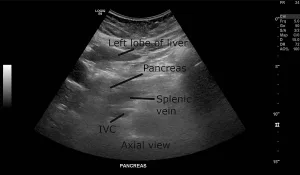


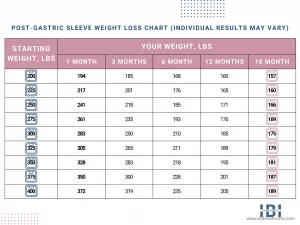


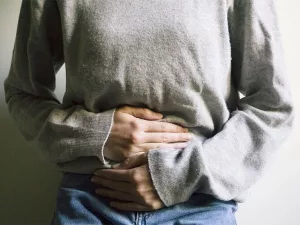
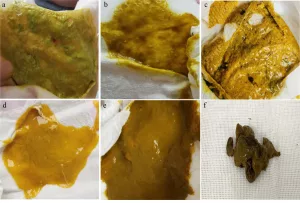


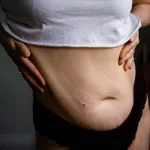
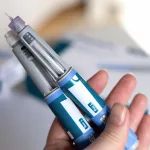

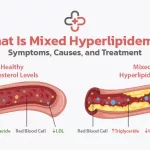









Leave a Reply
You must be logged in to post a comment.